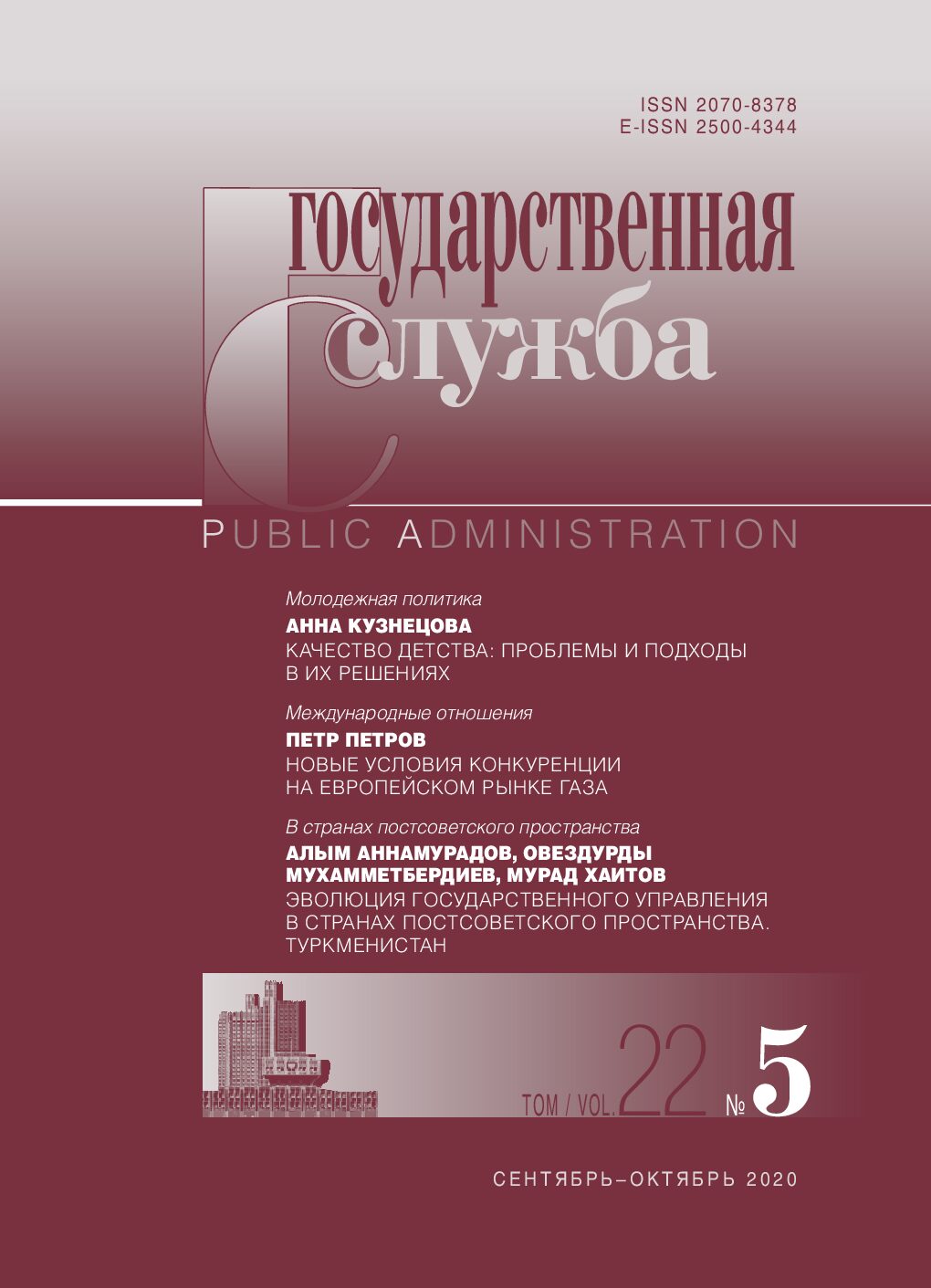Recommended link to article:
NATALIA SERGEEVNA EPIFANOVAа
аSiberian Institute of Management – a branch of the Russian Presidential Academy of National Economy and Public Administration under the President of the Russian Federation
MIKHAIL GENNADIEVICH POLOZKOVb
bRussian Presidential Academy of National Economy and Public Administration
DOI: 10.22394/2070-8378-2020-22-5-62-66
Abstract:
The article studies the necessity and features of transformation of the educational system under conditions of accelerated development in the digital economy. Particular attention in the context of this transformation is given to significance and possibilities of digital literacy, which forms the whole complex of fundamentally new requirements for all participants in the education system. The authors argue that the current stage of development of the digital economy requires the education system not only to digitalize its individual elements and links, but to apply a fundamentally new integrated approach that would transform the education system while taking into account new goals, structure and content of the educational process. The authors define digital literacy as the ability to form and apply educational content through digital technologies. The article gives particular emphasis on the significance and potential of individualizing the educational trajectory and the concept of continuing education. The authors consider the main factors in the development and achievement of the level of digital literacy, considering the requirements that the digital economy is currently imposing on the educational system.
Keywords:
digital economy, digital literacy, digital competencies, digital educational environment
Received:
January 17, 2020
References:
Andieva E.Yu., Filchakova V.D. Digital economy of the future, industry 4.0. Prikladnaya matematika i fundamental’naya informatika. 2016. No. 3. P. 214-218. In Russian
12 Solutions for new education. Report by the Center for strategic research and the Higher School of Economics. Moscow. National Research University Higher School of Economics. 2018. In Russian
Gromov A.D., Platonova D.P., Semenov D.S., Pyrova T.L. The Accessibility of higher education in regions of Russia. Moscow. National Research University Higher School of Economics. 2016. In Russian
Zvereva L.G., Tkacheva A.G. The Stages and ways of formation for digital education in Russia. Mezhdunarodnyy zhurnal gumanitarnykh i yestestvennykh nauk. 2019. No. 1-1. P. 43-46. In Russian
Ivanov V.V. Innovative territory as basic element in the spatial structure of the national innovation system. Region: ekonomika i sotsiologiya. 2015. No. 1. P. 227-255. In Russian
Kovaleva T.M. Open education and modern tutoring practices. Problemy sovremennogo obrazovaniya. 2010. No. 4. P. 19-23. In Russian
Panshin B. Digital economy: features and development trends. Nauka i innovatsii. 2016.Vol. 3. No. 157. P. 17-20. In Russian
Romanova O.V. Individualization of educational process in today’s secondary school. Trayektoriya nauki. 2016. Vol. 2.No. 12 (17). P. 10. In Russian
Digital Russia: New reality. July 2017. Moscow. McKinsey & Company. In Russian
Education at a Glance 2017: OECD Indicators, OECD Publishing, Paris. 2017. In English
Articles in Open Access mode are published under the Creative Commons Attribution 4.0 International (CC BY) license.

